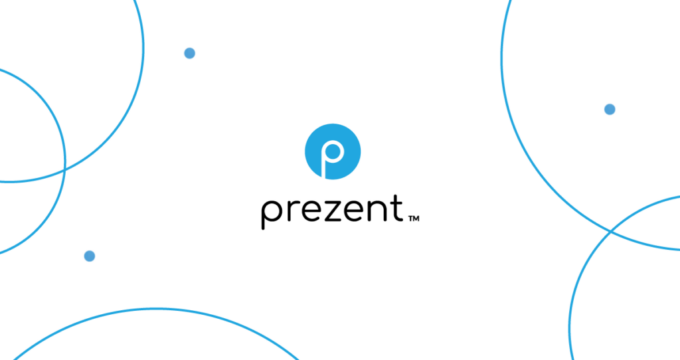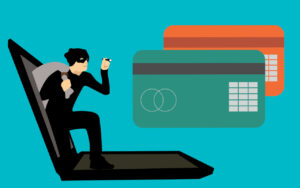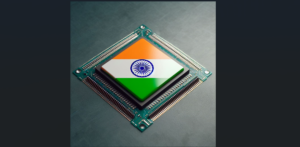In an interview with The Hindu, Amitabh Tewary, vice president of Mastercard announced that the company is currently working with blockchain technologies to enhance security in the financial sector.
A blockchain is a digital ledger of all amendments made to any record, most famously used by Bitcoin. A simple example of a blockchain would be a Google Doc, where several parties can monitor the progress of a file, while presented with a history of all changes made. The technology focuses mainly on eliminating data forgery.

Leonardo Cooper- CEO at Vault One
“Password-secured security solutions have quickly become outdated, leaving millions of businesses vulnerable to breaches. Blockchain solves this issue by upping security to the next level without compromising on accessibility – which is pivotal when it comes to running a business efficiently,” said Leonardo Cooper, CEO of cyber security firm Vault One.
“The process is still underway but as the understanding of the technology increases, blockchain will enter the mainstream and be adopted on a greater scale,” the PwC report said.
Some Indian private sector banks, however, have adopted the technology. Yes Bank, India’s 5th largest private sector bank reported that “This implementation has reduced entire process cycle for bill discounting from four days to almost real-time and has eliminated paper trail and manual intervention,” after it adopted a blockchain the system earlier this year.
Other private sector banks, like India’s largest, ICICI Bank which had implemented the system last year, is now followed by Axis Bank and Kotak Mahindra Bank who are in the works to install blockchains into their database.
The revolution caused by the technology promises better counter-measures against fraud and money laundering.












